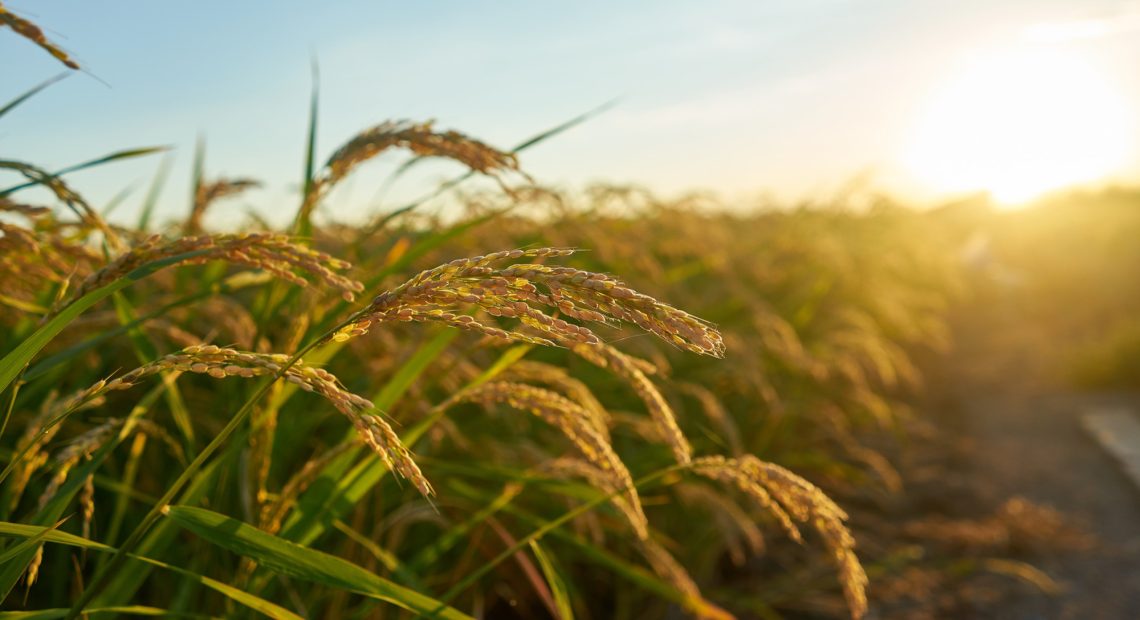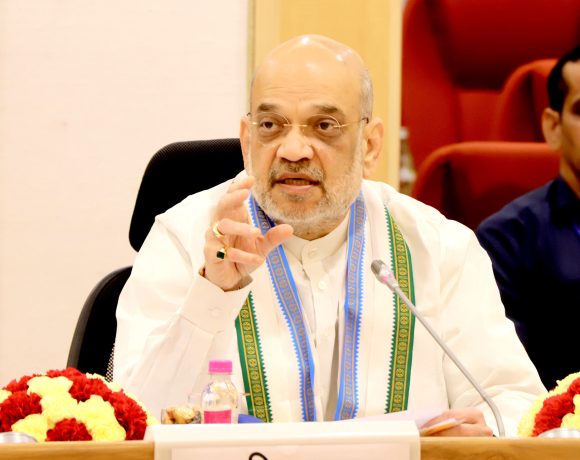
Cabinet Hikes Paddy MSP by ₹69 for 2025–26 Kharif Season
On May 28, 2025, the Cabinet Committee on Economic Affairs (CCEA), chaired by Prime Minister Narendra Modi, approved a hike in the Minimum Support Prices (MSP) for 14 Kharif crops for the upcoming 2025–26 marketing season. Among the key changes, the MSP for common paddy has been increased by ₹69 to ₹2,369 per quintal, and for Grade A paddy, the new MSP is ₹2,389 per quintal.
The hike comes at a time when the Indian Meteorological Department (IMD) has predicted an above-normal monsoon, which may influence crop sowing patterns and productivity across key agricultural states.
MSP Increased for Pulses, Oilseeds, and Cotton
The government’s decision extends well beyond paddy. Tur (Arhar) and Urad saw significant hikes of ₹450 and ₹400 per quintal respectively. Moong will now be procured at ₹8,768, up by ₹86. Oilseed crops like groundnut, sunflower seed, and sesame received hikes ranging from ₹436 to ₹579 per quintal, while nigerseed saw the highest increase of ₹820, taking its MSP to ₹9,537.
Cotton (medium staple) and cotton (long staple) MSPs have also been raised by ₹589, bringing them to ₹7,710 and ₹8,110 per quintal respectively. These adjustments aim to provide price assurance and boost farmer confidence, especially for crops that are often vulnerable to market volatility.
Government Extends Interest Subvention Scheme
Alongside the MSP announcement, the cabinet also approved the continuation of the Modified Interest Subvention Scheme (MISS) for the 2025–26 fiscal year. The scheme offers a 1.5% interest subvention on short-term crop loans, helping ease credit access for small and marginal farmers.
The combined financial outlay for both the MSP hikes and the loan interest support is expected to be around ₹2.07 lakh crore, reflecting a major investment into the agricultural economy at a time of climatic uncertainty and rising rural distress.
Implications for Farmers and Rural Economy
The MSP revisions are expected to benefit millions of farmers across India by ensuring minimum guaranteed prices for a wide range of Kharif crops. This is especially crucial for crops such as pulses, oilseeds, and cotton that often suffer from price crashes during harvest season.
Government officials reiterated that the MSPs continue to follow the policy of ensuring at least 1.5 times the weighted average cost of production, a principle outlined in the 2018–19 Union Budget to protect farmer income and improve rural livelihoods.
The hike is being seen as a proactive step in ensuring food security, supporting agrarian incomes, and sustaining the momentum in the rural economy as India prepares for the upcoming sowing season.


















